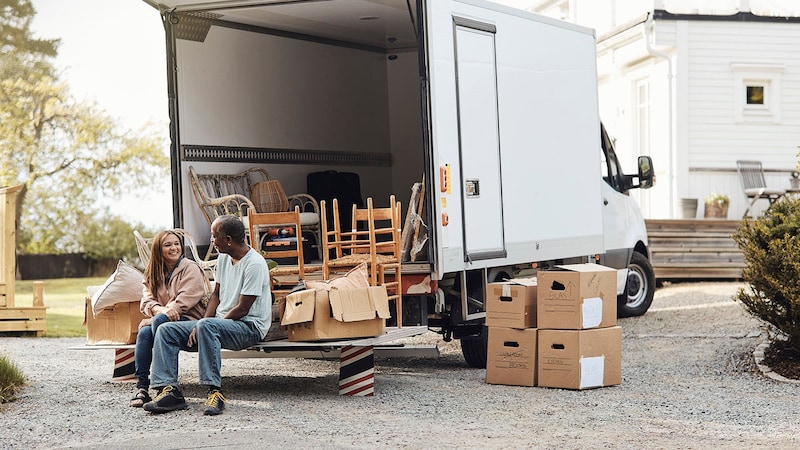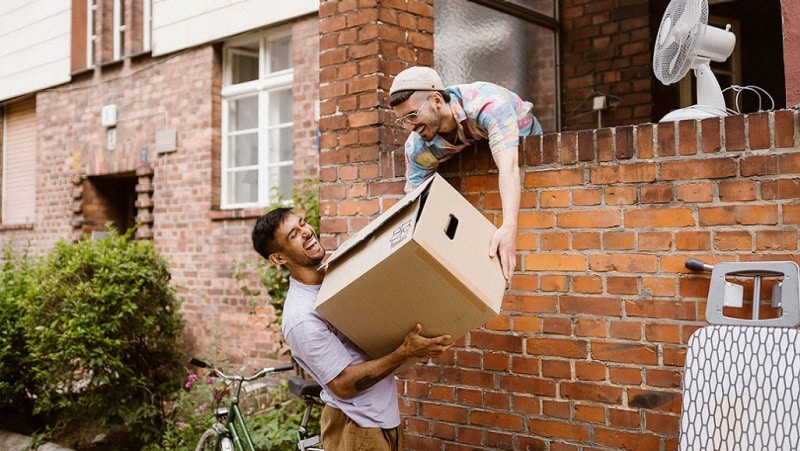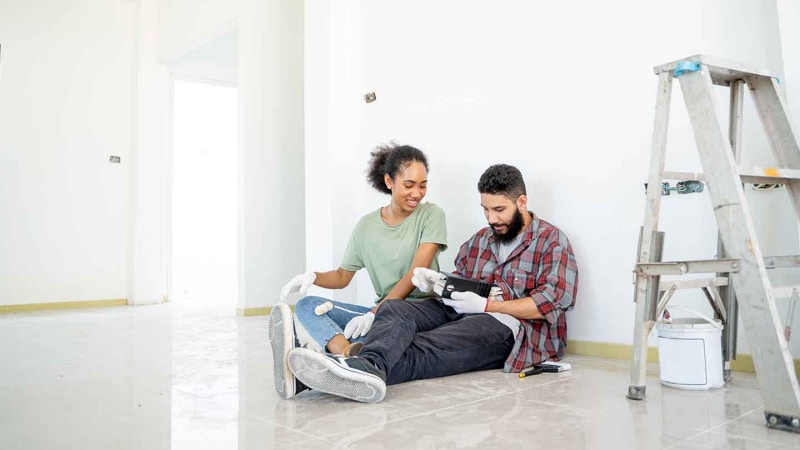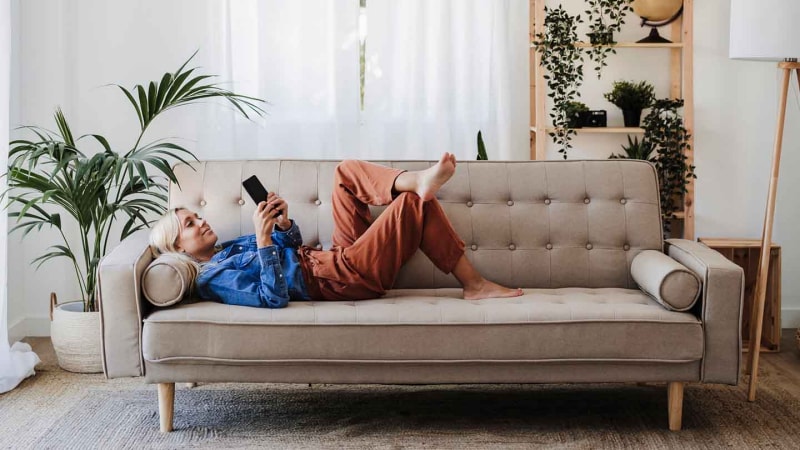Buying a second home to rent
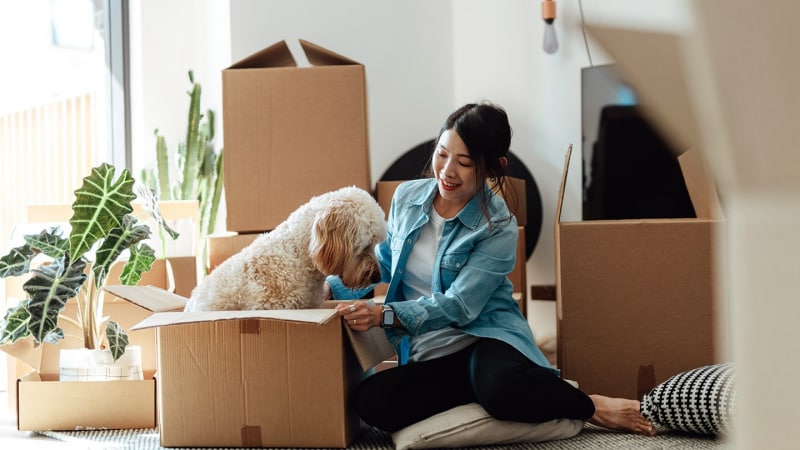
Quick insights
- Buying a second home and renting it out can provide additional income but also comes with additional costs and considerations.
- The number of days you rent out the property each year can determine whether it’s treated as a second home or investment property by the IRS.
- Buying a second home can differ from buying a primary residence, depending on the property and circumstances.
A second home can serve as a home away from home, an investment for the future or both. In addition, many second homeowners may consider generating additional income by renting out their second home. If you’re looking to buy a second home and planning to rent it out, it’s important to understand the financial implications and the benefits.
Buying a second home vs. an investment property
When you buy a second home that you intend to rent out, you’ll need to decide whether you’re planning to treat it as a vacation home, which is a true second home, or as an investment property. This distinction is important because it will affect how you report your rental income to the Internal Revenue Service (IRS) and the deductions you can claim on your tax return.
For more information, you may want to consult a tax professional.
Second home
To qualify as a second home, you need to live in the property for at least 14 days each year or less than 10% of the time you rent it out to others, whichever is greater. For example, if you were to buy a beach house and use it for 11 days over the summer, you would only be able to rent it to others for up to 110 days.
In this case, you wouldn’t need to declare the rental income on your taxes, but you may be limited in terms of how much you can deduct in property taxes.
Investment property
If you exceed the limits mentioned above, your property would no longer be considered a second home. Instead, it would be considered an investment property by the IRS, and all the income you collect would be considered taxable. This may increase your overall tax liability. On the other hand, expenses like property taxes, depreciation and maintenance would be tax deductible.
In both cases, it’s advisable to consult with a tax professional to understand your tax obligations.
How to buy a second home to rent out
The overall process of buying a second home is similar to buying your primary residence. However, second homes tend to carry greater risk for lenders compared to primary residences, and there may be additional costs.
Down payment
When buying a second home, you’ll probably need to make a larger down payment than you would with a primary residence. While it’s possible to buy a primary residence with as little as 3% down, Fannie Mae® sets a minimum down payment of 90% loan-to-value (LTV) or 10% down for a second home and a 75% LTV or 25% down payment for an investment property.
These are minimum values for conventional loans only. Lenders may set their own down payment requirements based on the size of the loan and their review of your credit and financial history.
Debt-to-income (DTI) ratios
Lenders will also consider your debt-to-income (DTI) ratio if you choose to buy a second home. This means the debt from your second home will be added to your overall debt, making it harder to qualify. Lenders usually prefer a DTI of 43% or less. If you plan to rent out a second home, lenders may also need you to provide an estimate of the potential rental income.
Interest rates
If you use a mortgage to purchase a second home, the loan may have a higher interest rate than most primary residence mortgage loans. The terms vary based on personal financial situation and lender.
What are the benefits of buying a second home?
Whether it’s a second home or investment property, buying one can have benefits, including:
- Equity: Whether you rent it out or not, when you buy a property, you build up equity as you pay the mortgage. You can leverage equity if you sell the home or borrow against the available equity.
- Rental income: Depending on your situation, being able to rent out can help offset the costs of owning the property. What percentage you can recoup will depend on how much you can charge in rent and the number of days you can rent it out each year.
- Savings on travel expenses: If you tend to visit an area regularly, you may be able to save money by owning a second home. This is because you can avoid higher hotel prices during busier periods and also potentially save on costs like eating out or having to pay for parking.
What are the challenges of renting a home?
If you rent out a home, some of the costs may include:
- Property management costs: If you rent out a home, you’ll need to invest time and money to find and schedule renters, generate rental agreements and collect funds. You should be ready to handle emergencies, onsite issues or challenging renters. You’ll need to decide whether you want to do this yourself, through a third-party service that will charge you fees or through a property management company.
- Maintenance costs: If you rent out your second home, you’ll probably need to pay additional costs to maintain the property throughout the year. This may include both general maintenance costs and the costs to clean the property between rental uses.
- Insurance costs: Insurers will likely charge more to insure a second home than a primary residence. Also, if your second home is in a higher-risk area, such as a beach, there may be additional costs to consider—like flood insurance.
- Homeowners association (HOA) fees: If your second home belongs to a homeowners association, you’ll also need to pay your monthly HOA fees, as well as any additional expenses related to owning within an HOA. Your HOA may also set restrictions on your ability to rent your second home to others.
Is it worth buying a home to rent out?
Buying a home and using it as a rental can be worthwhile in many circumstances. Before you make a purchase, you may want to ask yourself the following questions.
Is there sufficient demand for the area?
If you plan to rent out a home, you’ll need to consider whether or not there’s enough travel to the area to keep your rental occupied. For example, beach locations tend to draw traffic during the summer months while ski towns may only get traffic in the winter.
Meanwhile, a second home in a major city may have more sporadic demand based on factors such as when tourists are likely to visit or whether the city hosts major conventions or other annual events.
Can you afford the home without the rental income?
While rental income can help generate income, it’s important to remember that rental income can fluctuate from year to year. For example, if tourism is depressed in an area after a natural disaster, like a hurricane or wildfire, you may have a hard time finding renters. Regardless of how much you earn in rental income, you’re still responsible for making your monthly mortgage payments.
Do you have a method to generate rental income?
If you own a property, you may be able to find renters through your own network of friends and acquaintances, a short-term rental agency or an online short-term rental platform. You’ll need to weigh the potential costs, both in terms of time and money, to determine what works for you. Also, some areas may have legal restrictions on whether homeowners can rent their properties using an online platform.
Should you follow the 2% rule for rental property?
If you’re thinking of buying a rental property, one easy rule of thumb to follow is the 2% rule. This suggests that the monthly rental income for a rental should equal or exceed 2% of the home’s purchase price. For example, if you were to buy a second home for $300,000, you should be making $6,000 a month to cover all of your expenses and still have positive cash flow.
However, this rule may not apply if you’re buying a second home to use as a vacation property. That’s because you may not be able to rent the home for the same number of months or days each year. In this case, you’ll need to weigh how much you can expect to earn in rental income against the expenses of owning a second home and the additional costs to rent it out.
In summary
Buying a second home and renting it out to others can come with financial benefits and potential expenses. Before buying a second home and renting it out, you may want to talk to a home lending expert. They can help you navigate the potential costs and help you find a second home loan that fits your budget.
